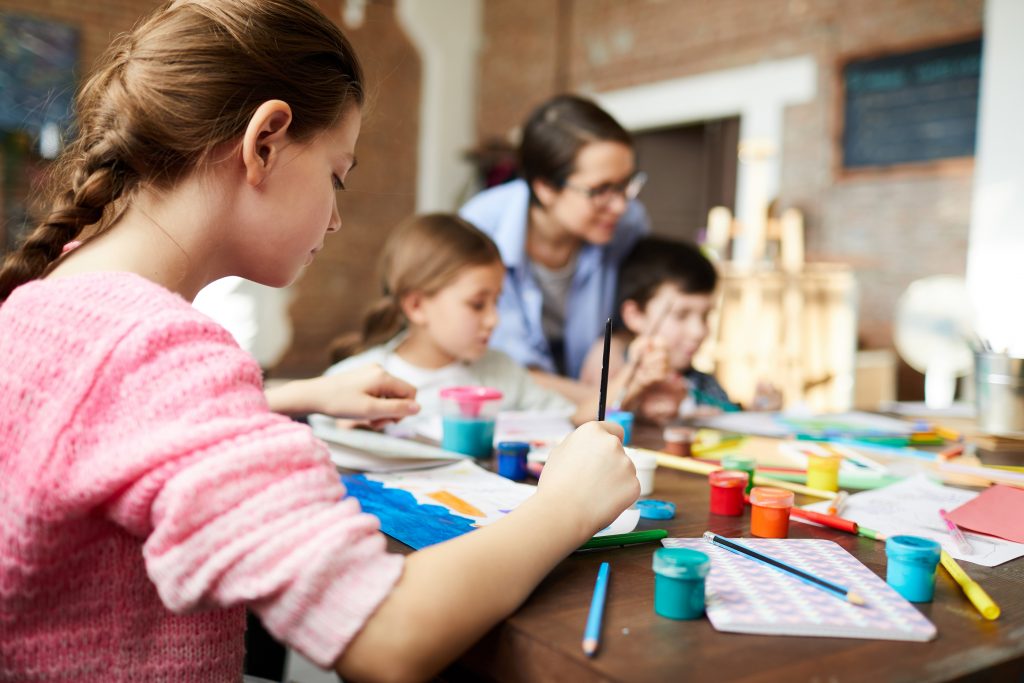
Image Source: Google
Children with autism often struggle with social skills, communication, and emotional regulation. Developmental play therapy has been recognized as an effective intervention for children with autism, as it helps them develop these crucial skills in a safe and supportive environment.
In recent years, innovative approaches have been developed to enhance the effectiveness of play therapy for children with autism. These approaches incorporate technology, creative activities, and individualized treatment plans to cater to the unique needs of each child. If you are in search of development play therapy for children, you may contact The Lizard Centre.
Let's explore some of these innovative approaches in more detail.
Technology-Assisted Play Therapy
Virtual Reality (VR) Therapy
- Virtual reality therapy utilizes immersive technology to create a simulated environment for children with autism to practice social skills and emotional regulation.
- Children can engage in virtual scenarios that mimic real-life situations, such as going to the grocery store or participating in a birthday party, to learn and practice appropriate behaviors.
- VR therapy can be highly engaging for children with autism and can help them generalize skills learned in therapy to real-world settings.
Interactive Apps and Games
- There are a variety of interactive apps and games specifically designed for children with autism to help them work on communication, social skills, and emotional regulation.
- These apps and games often incorporate visual supports, interactive activities, and rewards to engage children and reinforce positive behaviors.
- Therapists can use these apps and games as part of play therapy sessions to make learning fun and interactive for children with autism.
Creative Play Activities
Art Therapy
- Art therapy can be a beneficial modality for children with autism to express themselves creatively and develop emotional awareness and regulation.
- Through painting, drawing, and other art activities, children can communicate their thoughts and feelings in a nonverbal way.
- Art therapy can also help children with autism improve their fine motor skills and sensory processing abilities.
Music Therapy
- Music therapy involves using music and musical activities to help children with autism improve communication, social skills, and emotional regulation.
- Playing instruments, singing, and listening to music can help children with autism express themselves and connect with others in a meaningful way.
- Music therapy can also help children with autism regulate their emotions and reduce anxiety and stress.
Individualized Treatment Plans
Assessment and Goal Setting
- Before starting play therapy, it is essential to conduct a comprehensive assessment to identify the strengths and challenges of each child with autism.
- Based on the assessment results, specific goals can be set to target areas of need, such as improving social skills, enhancing communication, or reducing challenging behaviors.
- Individualized treatment plans can then be developed to tailor play therapy sessions to meet the unique needs of each child.
Parent Involvement
- Parents play a crucial role in supporting their children with autism's progress in play therapy.
- Therapists can provide parents with strategies and techniques to use at home to reinforce skills learned in therapy sessions.
- Regular communication between therapists and parents can help ensure consistency in implementing interventions and promoting the generalization of skills to different environments.